FAQs
Buying a Business?
Buying a business can be a complex process, and careful consideration is essential to ensure a successful transaction. Here is a general guide on how to buy a business
- Clearly outline your criteria for the type of business you want to buy. Consider industry, size, location, and other relevant factors.
- Assess your financial situation and determine how much you are willing to invest in the business. Consider not only the purchase price but also additional costs such as legal fees, due diligence expenses, and working capital.
- Look for business brokers who specialize in the type of business you are interested in buying. You can find brokers through online directories, industry associations, and referrals.
- Schedule meetings with potential brokers to discuss your buying criteria, budget, and any specific requirements. Ask about their experience in facilitating business acquisitions.
- Inquire about the broker’s fees and terms of engagement. Business brokers typically charge a commission based on the final sale price, but it’s essential to clarify the specifics.
- If you decide to work with a specific broker, you may be asked to sign a buyer representation agreement. This formalizes the relationship and outlines the terms of the broker’s services.
- Clearly communicate your criteria for the type of business you are looking to buy. This includes industry, location, size, and other relevant factors.
- The broker will use their network and resources to identify businesses that match your criteria. They may have access to listings not publicly available.
- Review the businesses that the broker presents to you. Conduct due diligence on financials, operations, and other critical aspects with the assistance of the broker.
- The broker will assist in negotiating the terms of the purchase with the sellers, including the purchase price, payment terms, and other conditions.
- Work with the broker or legal professionals to draft and review the purchase agreement and any other necessary contracts.
- Finalize the due diligence process to ensure that all aspects of the business are thoroughly examined before closing the deal.
- Work with the broker to complete the necessary paperwork and close the deal. This includes transferring ownership and assets.
- Collaborate with the seller during any transition period to ensure a smooth handover of the business.
Contact Us
- Reena Loans
- (415) 866-3440
- Reena@Rlare.Com
- 655 45th Ave, San Francisco, CA 94121



